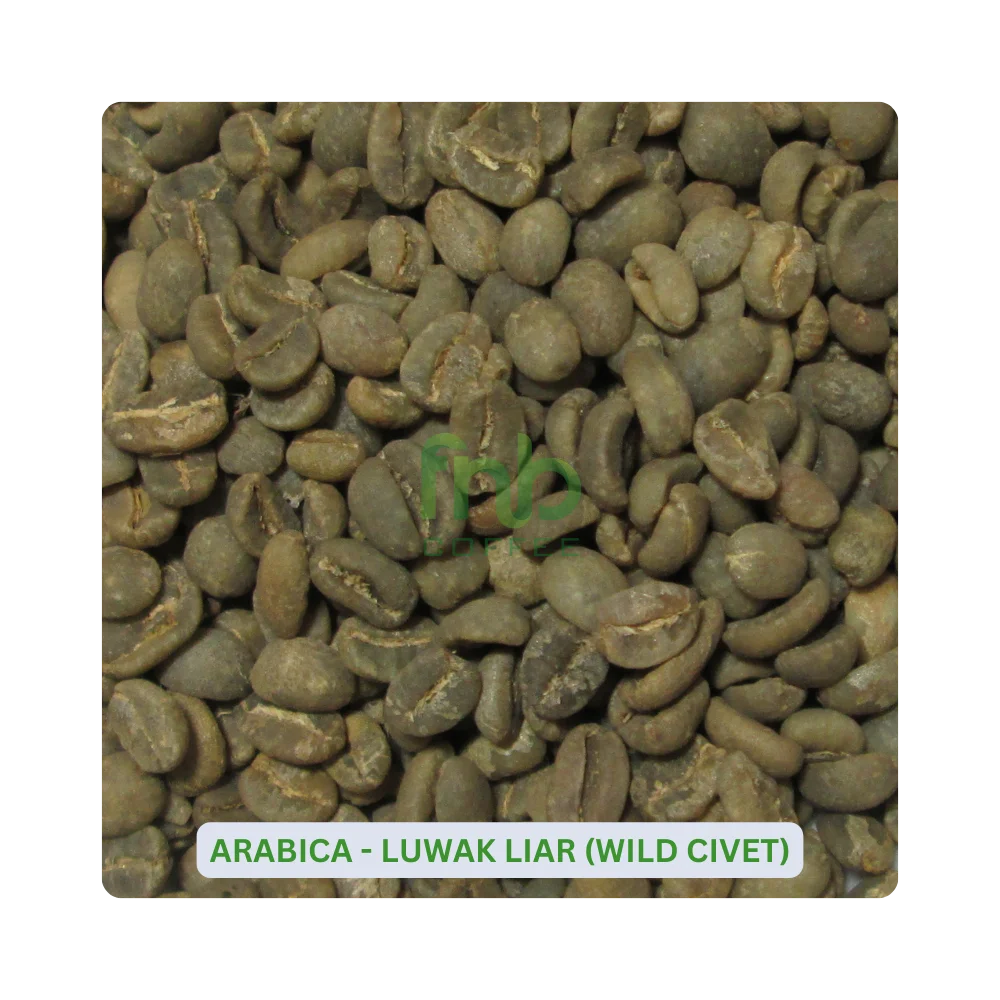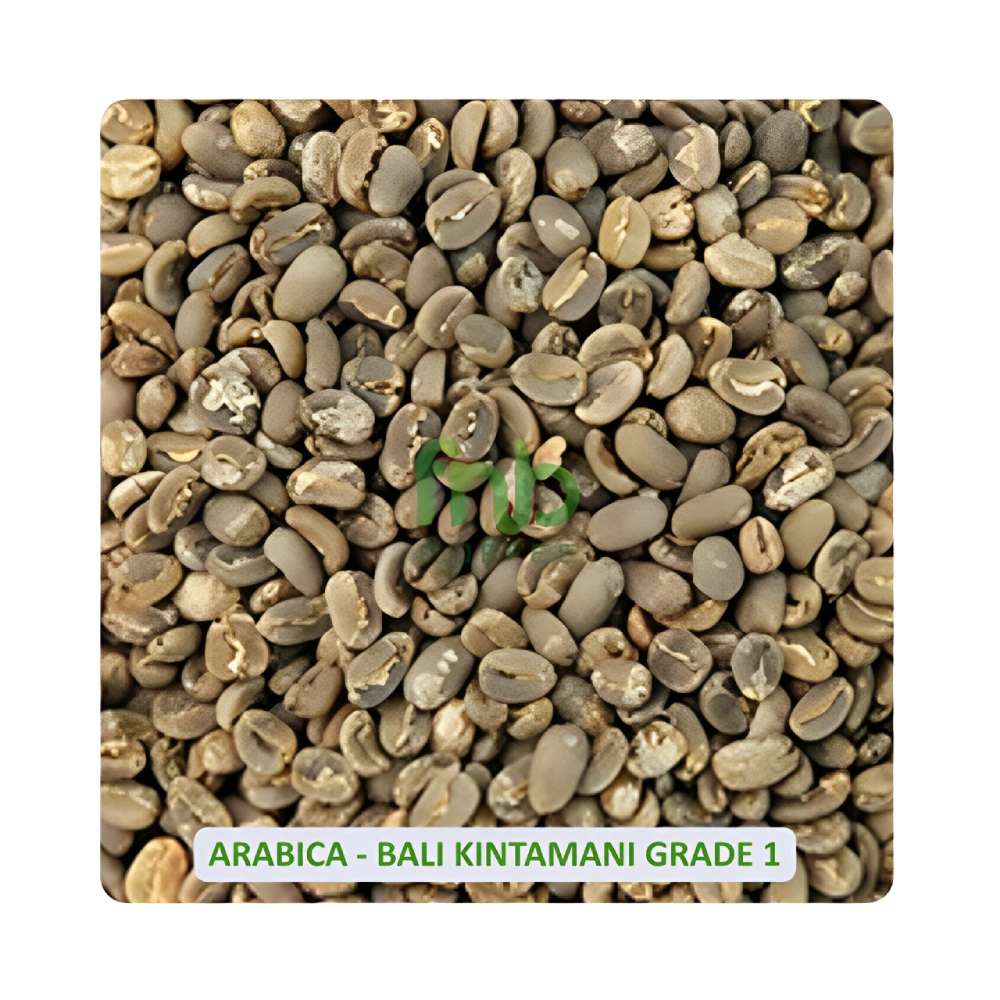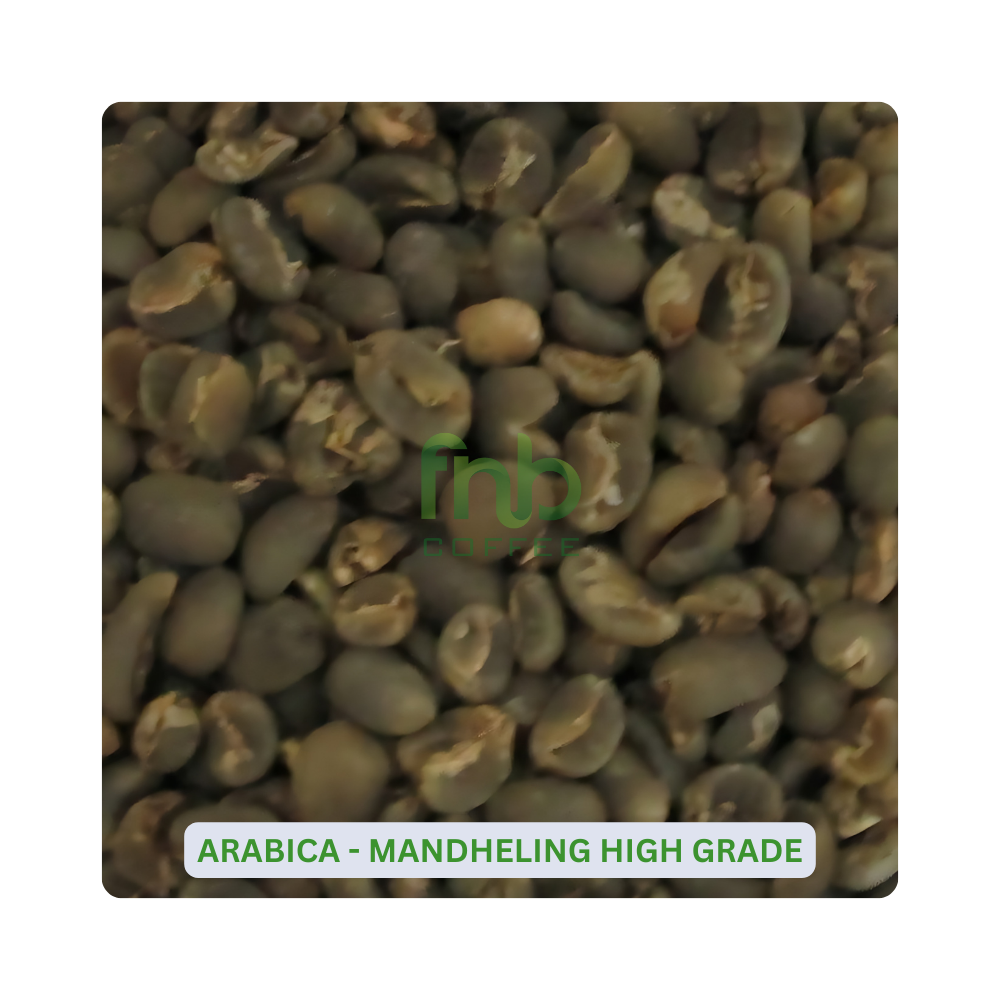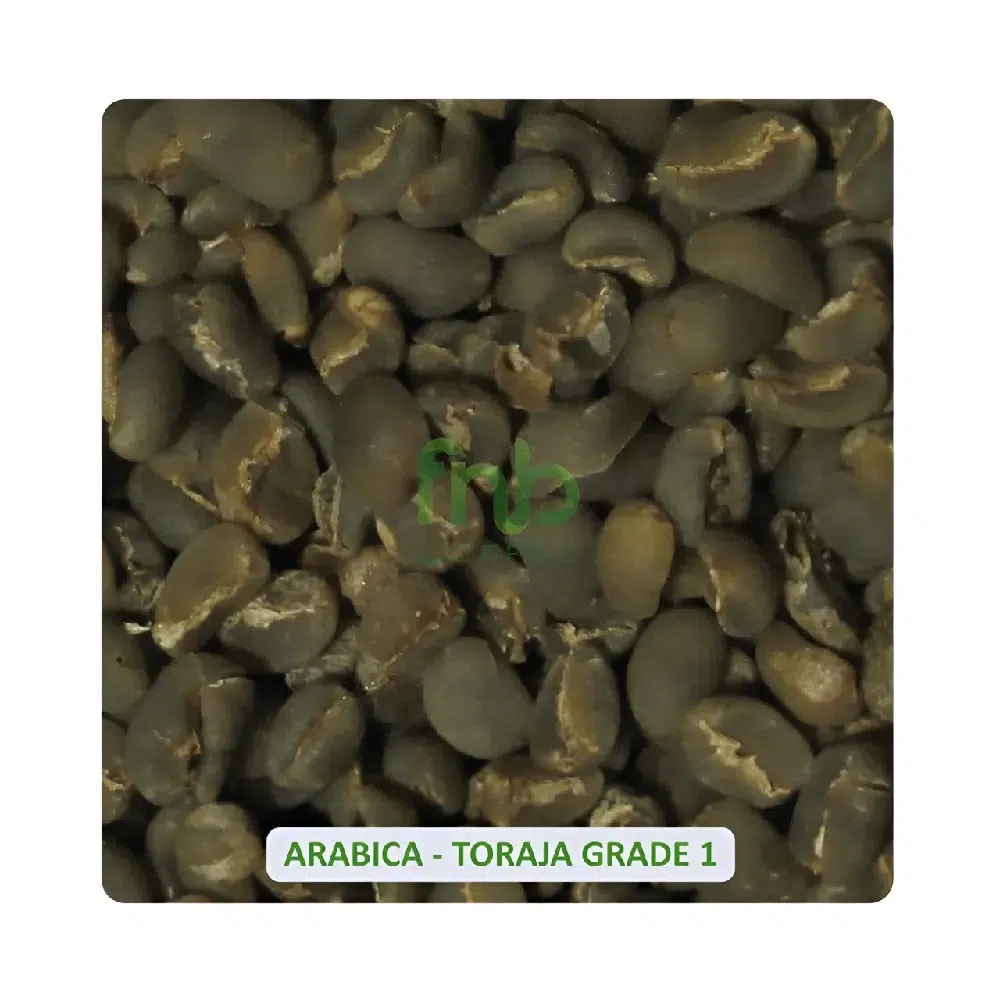Indonesia, an archipelago of over 17,000 islands, is a paradise for coffee lovers. With its volcanic soil, tropical climate, and centuries-old coffee-growing traditions, the country produces some of the world’s most unique and flavorful beans.
From the famed kopi luwak to the bright, citrusy profiles of highland-grown Arabica, Indonesian coffee offers a diverse range of tastes that cater to every palate. If you’re eager to explore this rich coffee culture, here are the top five best Indonesian coffee varieties you need to try.
1. Arabica Luwak Coffee
When discussing the best Indonesian coffee, Arabica Luwak Coffee often steals the spotlight—though not without controversy. Known as kopi luwak, this coffee is made from beans digested and excreted by the Asian palm civet. The civet’s enzymes alter the beans’ proteins during digestion, reducing bitterness and creating a smooth, earthy flavor with hints of caramel and chocolate.
Originating in Sumatra, Java, and Bali, Luwak coffee is notoriously expensive due to its labor-intensive production. However, ethical concerns about civet welfare have led to calls for responsibly sourced options. Look for certifications like “wild-sourced” or “cage-free” to ensure ethical practices.
For the best experience, brew Luwak coffee using a pour-over method to highlight its nuanced flavors. While it’s a must-try for its uniqueness, approach it with mindfulness toward sustainability.
2. Arabica Bali Kintamani
Grown in the volcanic highlands of Bali’s Kintamani region, this Arabica variety is cultivated using traditional subak abian farming—a cooperative system that integrates coffee with vegetables and fruits. The nutrient-rich soil and cool climate yield beans with a vibrant acidity and floral aroma, complemented by notes of lemon, orange, and tropical fruit.
Bali Kintamani’s light-to-medium body makes it ideal for pour-over or French press brewing. Farmers here also prioritize organic practices, appealing to eco-conscious drinkers. Its crisp, clean finish sets it apart from other Indonesian coffees, offering a refreshing alternative to earthier Sumatran blends.
3. Sumatra Mandheling Coffee
Hailing from North Sumatra’s Mandheling region, this coffee is renowned for its bold, complex profile. Grown near Lake Toba, the world’s largest volcanic lake, the beans develop a deep, syrupy body with flavors of dark chocolate, cedar, and a touch of spice. A hallmark of Sumatran coffee, Mandheling undergoes the giling basah (wet-hulling) process, which intensifies its earthy undertones and low acidity.
Sumatra Mandheling shines in espresso blends or as a dark roast. Its lingering sweetness and smoky finish have made it a favorite among fans of full-bodied coffees. For an authentic experience, pair it with rich desserts like chocolate cake or tiramisu.
4. Toraja Coffee
Cultivated in the misty mountains of South Sulawesi, Toraja Coffee is prized for its balance of fruity and spicy notes. The region’s high altitude and unique processing methods—often a hybrid of wet and dry techniques—result in a medium-bodied brew with flavors of ripe berries, cinnamon, and a wine-like acidity.
Named after the indigenous Toraja people, this coffee is often compared to fine Papua New Guinea or Ethiopian beans. Its rarity outside Indonesia adds to its allure, making it a sought-after choice for specialty coffee enthusiasts. Try it as a cold brew to accentuate its bright, tangy characteristics.
5. Java Ijen Coffee
Java’s coffee history dates back to the 17th century when Dutch colonists established the island’s first plantations. Java Ijen Coffee, grown on the slopes of the Ijen volcano, pays homage to this legacy. The mineral-rich soil and cool climate produce beans with a mild acidity, nutty undertones, and a velvety mouthfeel.
Unlike the heavy processing of some Indonesian coffees, Java Ijen is typically wet-processed, giving it a cleaner, more balanced profile. It’s versatile enough for espresso, drip, or even Turkish-style brewing. History buffs will appreciate its connection to the Dutch colonial era, while casual drinkers will love its approachable, mellow taste.
Exploring Indonesia’s Coffee Diversity
Indonesia’s coffee landscape is as varied as its culture. Each region’s geography, climate, and traditions contribute to distinct flavor profiles, ensuring there’s something for everyone. Whether you’re drawn to the luxury of Luwak, the brightness of Bali Kintamani, or the boldness of Sumatra Mandheling, these coffees showcase the country’s mastery of the craft.
When sourcing the best Indonesian coffee, prioritize small-batch roasters and ethical certifications to support sustainable practices. Experiment with brewing methods to unlock each variety’s full potential—whether it’s a slow pour-over for nuanced notes or a strong espresso for a robust kick.
Final Thoughts
From Sumatra to Sulawesi, Indonesia’s coffee regions offer an unforgettable journey for your taste buds. The five coffees highlighted here represent the pinnacle of the country’s offerings, blending tradition, terroir, and innovation.
By exploring these beans, you’re not just enjoying a cup of coffee—you’re savoring a piece of Indonesia’s rich heritage. So brew a pot, take a sip, and let the flavors transport you to the lush highlands and volcanic slopes of this coffee-loving nation.




















